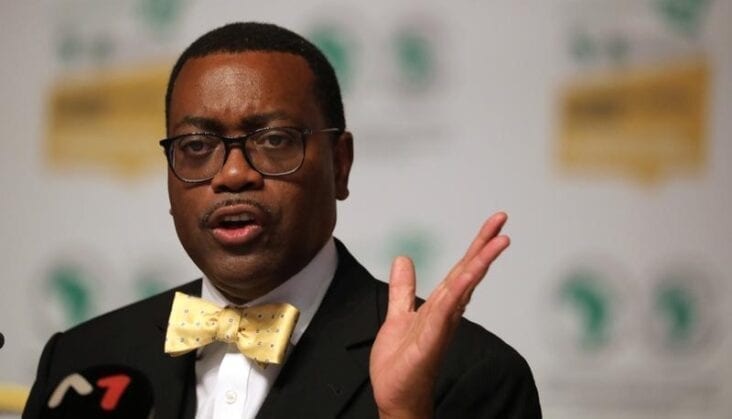Nigeria plans to set up a healthcare fund to cover up to 83 million poor people who cannot afford premiums for insurance schemes, President Muhammadu Buhari said at the signing of a universal health coverage law.
With its 200 million population, Nigeria is struggling to reform its healthcare to improve the sector. Still, funding has been a significant constraint coupled with the COVID-19 pandemic that has stretched its inadequate workforce.
The West African country has 0.4 doctors per 1,000 people, as per World Bank’s latest data, less than the global average of 1.8 doctors. It also has a fledgling health insurance sector which has struggled to increase enrollees.
Buhari on Thursday signed a National Health Insurance Authority Bill into law seeking to provide universal healthcare access, his office said in a statement.
Analysts have questioned where funding for the new law will come from. Nigeria has struggled to fund its large budget deficit as spending ballooned with subsidies on imported petrol and debt service, which has taken up the bulk of government revenue.
“For the large number of vulnerable individuals who cannot pay health insurance premiums, a vulnerable group fund will be set up,” Buhari said.
The fund will have a basic healthcare provision fund, health insurance levy, special intervention fund, and any investment proceeds, donations and gifts to the health authority, Buhari added.
Africa’s most populous country faces a shrinking labour market, double-digit inflation and low growth in the face of mounting insecurity. So far, schemes have been funded mainly by contributions from millions working for the government or big companies.
But analysts say there are untapped opportunities in the informal sector, adding that the schemes needed to overcome challenges associated with healthcare pricing and reimbursements to hospitals and patients to make a profit.


